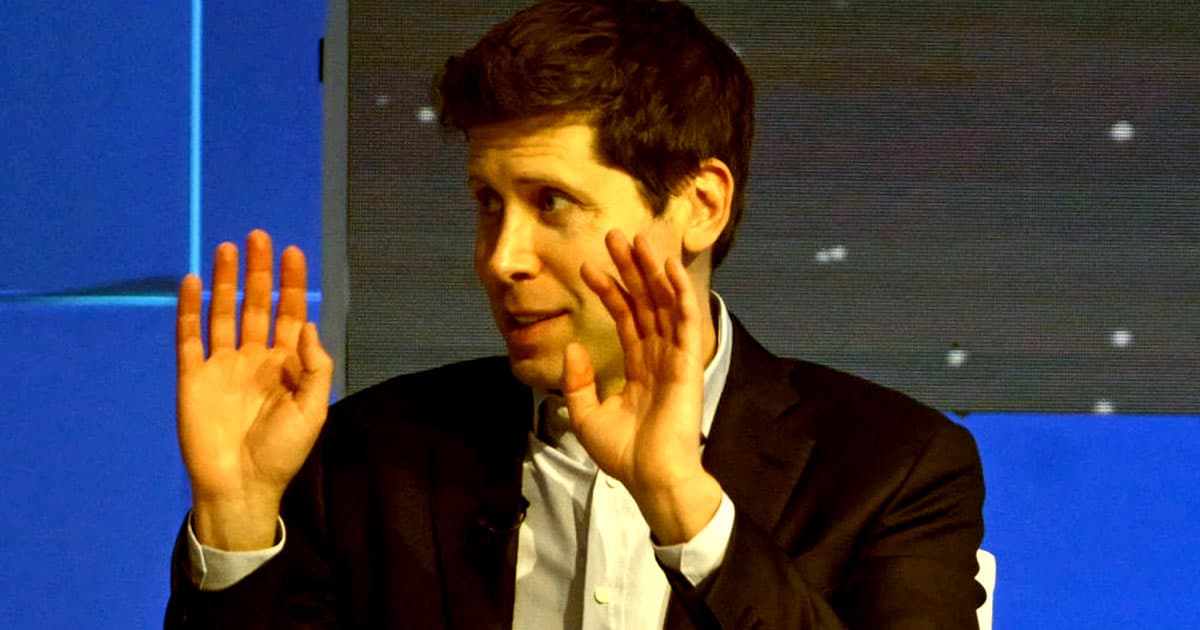In an excoriating response, OpenAI has pushed back against Tesla CEO Elon Musk's lawsuit, accusing him of making "convoluted" and "incoherent" claims.
It's the ChatGPT maker's first legal response to the lawsuit filed by Musk last month, as Bloomberg reports. Musk is accusing the company he cofounded in 2015 of transforming into a "closed-source de facto subsidiary" of investor Microsoft, ignoring its own promise of developing a "safe" AI that "benefits all of humanity."
Setting aside Musk's own glaring double standards, the lawsuit was likely never meant to actually survive any kind of legal challenge. The whole thing seems to hinge on a strange idea, as observers have pointed out: that OpenAI breached a contract that didn't actually exist.
"The relief Musk seeks is as extraordinary as his claims are contrived," OpenAI wrote in a new filing in San Francisco's state court. "Musk requests an order compelling OpenAI to reorganize and distribute its technology in accordance with the terms of his fictitious contract."
OpenAI argues that it never violated its contract with Musk because "there is no founding agreement, or any agreement at all with Musk, as the complaint itself makes clear."
Musk's claims "rest on convoluted — often incoherent — factual premises," the company's lawyers wrote.
The beef between Musk and OpenAI goes back many years. Musk cofounded the AI company alongside current CEO Sam Altman in 2015. Four years later, Musk left the company, citing disagreements with leadership that were likely related to executives' efforts to push for a profit-driven approach.
Despite accusing OpenAI of pursuing profits over everything else, Musk is developing his own for-profit AI called xAI, which has close ties to his other ventures, including X-formerly-Twitter and Tesla.
One way to read his motivations is to assume that Musk was salty about having missed a multibillion-dollar opportunity, his lawsuit suggests.
"Without Mr. Musk’s involvement and substantial supporting efforts and resources," his suit reads, "it is highly likely that OpenAI Inc. would never have gotten off the ground."
While this is OpenAI's first legal response, the company has already rebutted Musk's claims in a blog post last week, releasing several emails that show the mercurial CEO was pushing OpenAI to raise many "billions" of dollars in its quest to realize artificial general intelligence (AGI), seemingly contradicting his latest claims.
The emails further highlight Musk's likely motive of trying to undercut a far more successful competitor in the AI space.
Or at least, that's OpenAI's perspective.
"Seeing the remarkable technological advances OpenAI has achieved, Musk now wants that success for himself," OpenAI's lawyers wrote in their legal response.
The AI company is also accusing Musk of trying to uncover "proprietary records and technology" during pretrial discovery.
Is Musk really this desperate in his apparent attempt to "sue his way" into AI, as OpenAI investor Vinod Khosla told Bloomberg this week?
Given the fragility of his legal challenge, it's certainly not impossible.
More on Musk and OpenAI: Elon Musk Sues OpenAI for Doing For-Profit AI, Which He's Also Doing
Share This Article
